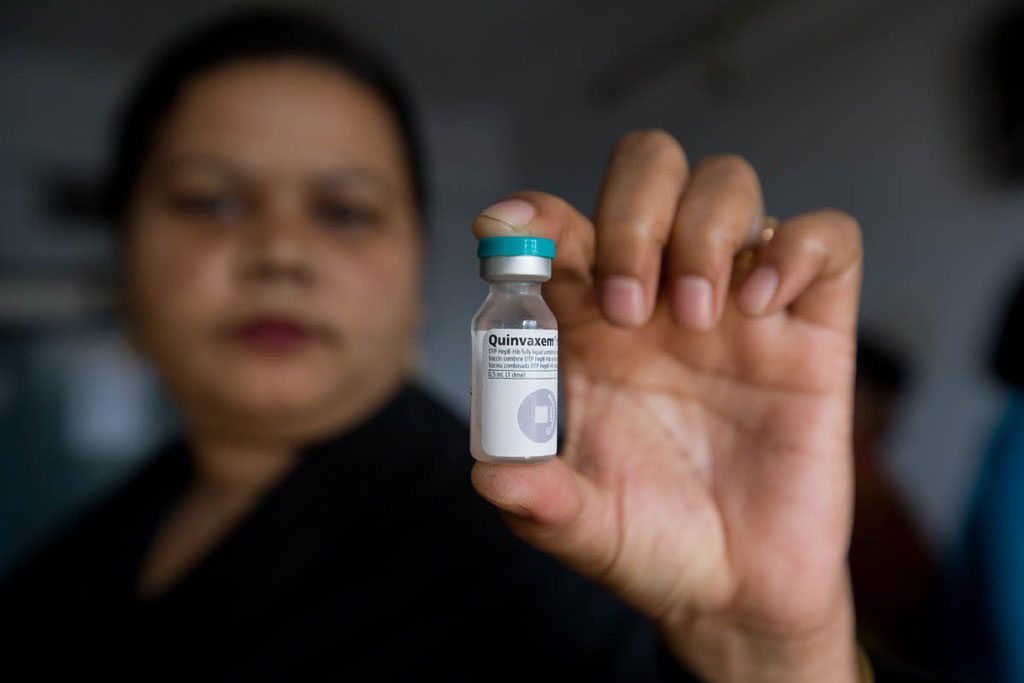On the eve of World Hepatitis Day, the United Nations health agency released a study that reveals efforts to eliminate the disease are gaining momentum globally.
“It is encouraging to see countries turning commitment into action to tackle hepatitis,” said Tedros Adhanom Ghebreyesus, Director-General of the World Health Organization (WHO).
“Identifying interventions that have a high impact is a key step towards eliminating this devastating disease,” he added, noting that many countries have succeeded in scaling-up the hepatitis B vaccination and now the task is to increase access to diagnosis and treatment.
New WHO data from 28 countries representing some 70 per cent of the global hepatitisburden reveals that nearly all have established high-level national hepatitis elimination committees and more than half have allocated dedicated funding for hepatitis responses.
Findings also show that more than 86 per cent of the countries reviewed have set national hepatitis elimination targets and more than 70 per cent have begun to develop national hepatitis plans to enable access to effective prevention, diagnosis, treatment and care services. Furthermore, nearly half of the countries surveyed are aiming for elimination through providing universal access to hepatitis treatment.
But WHO is still concerned that progress needs to speed up. “The national response towards hepatitis elimination is gaining momentum. However, at best one in 10 people who are living with hepatitis know they are infected and can access treatment. This is unacceptable,” said Gottfried Hirnschall, WHO’s Director of the HIV Department and Global Hepatitis Programme.
This week, WHO also added a new generic treatment to its list of WHO-prequalified hepatitis C medicines to increase access to therapy, and is promoting prevention through injection safety: a key factor in reducing hepatitis B and C transmission.
This year’s World Hepatitis Day is being marked under the theme ‘Eliminate Hepatitis’ to mobilize intensified action towards the health targets in the 2030 Agenda and UN Sustainable Development Goals (SDGs).
“For hepatitis elimination to become a reality, countries need to accelerate their efforts and increase investments in life-saving care. There is simply no reason why many millions of people still have not been tested for hepatitis and cannot access the treatment for which they are in dire need,” said Mr. Hirnschall.
Viral hepatitis affected 325 million people worldwide in 2015, with 257 million people living with hepatitis B and 71 million people living with hepatitis C – the two main killers of the five types of hepatitis. Viral hepatitis caused 1.34 million deaths in 2015, a figure close to the number of tuberculosis deaths and exceeding deaths linked to HIV.
In early November, WHO and its partners will convene World Hepatitis Summit 2017 in São Paulo, Brazil, which promises to be the largest global event to advance the viral hepatitis agenda, bringing together key players.
Via UN News Centre


